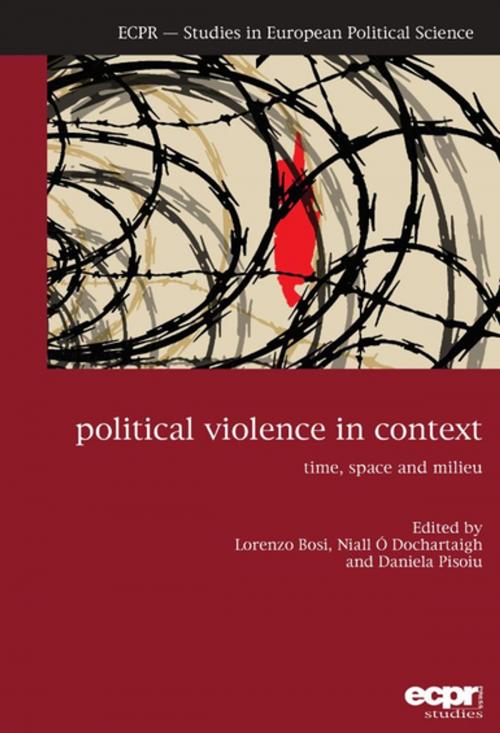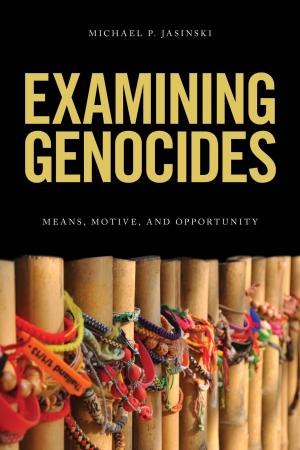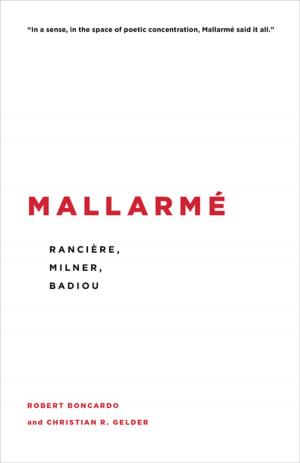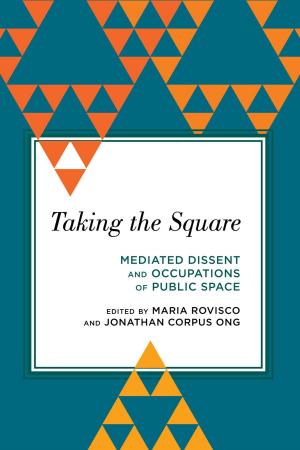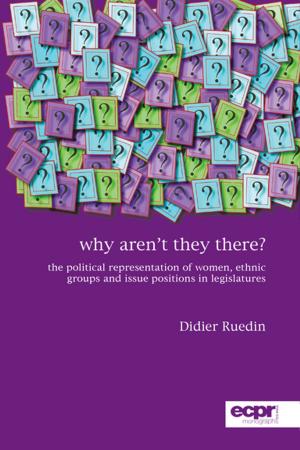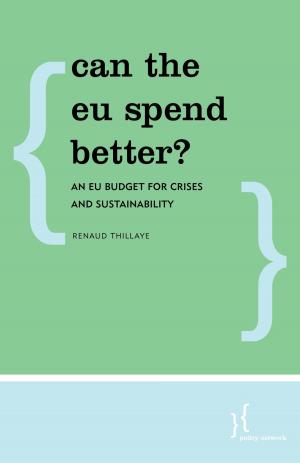Political Violence in Context
Time, Space and Milieu
Nonfiction, Social & Cultural Studies, Political Science| Author: | ISBN: | 9781785521713 | |
| Publisher: | Rowman & Littlefield International | Publication: | January 1, 2016 |
| Imprint: | ECPR Press | Language: | English |
| Author: | |
| ISBN: | 9781785521713 |
| Publisher: | Rowman & Littlefield International |
| Publication: | January 1, 2016 |
| Imprint: | ECPR Press |
| Language: | English |
Context is crucial to understanding the causes of political violence and the form it takes. This book examines how time, space and supportive milieux decisively shape the pattern and pace of such violence. While much of the work in this field focuses on individual psychology or radical ideology, Bosi, Ó Dochartaigh, Pisoiu and others take a fresh, innovative look at the importance of context in generating mobilisation and shaping patterns of violence. The cases dealt with range widely across space and time, from Asia, Africa and Europe to the Americas, and from the Irish rebellion of 1916 through the Marxist insurgency of Sendero Luminoso to the ‘Invisible Commando’ of Côte d’Ivoire. They encompass a wide range of types of violence, from separatist guerrillas through Marxist insurgents and Islamist militants to nationalist insurrectionists and the distinctive forms of urban violence that have emerged at the boundary between crime and politics. Chapters offer new theoretical perspectives on the decisive importance of the spatial and temporal contexts, and supportive milieux, in which parties to conflict are embedded, and from which they draw strength. 'Time, space and milieux have for too long been silences in the research on social movements. This most welcome collection helps fill the gap through theoretical reflections and empirical evidence, and it contextualizes political violence, recognising the importance of contingency and agency within a relational approach.' Donatella della Porta, European University Institute 'This is an excellent volume which shows why, when and how social contexts shape the dynamics of violence. Combining theoretical insights with meticulous and wide ranging empirical studies from all over the world, this book makes a powerful case for the centrality of relational analysis in the study of violent conflicts.' Siniša Malešević, University College Dublin
Context is crucial to understanding the causes of political violence and the form it takes. This book examines how time, space and supportive milieux decisively shape the pattern and pace of such violence. While much of the work in this field focuses on individual psychology or radical ideology, Bosi, Ó Dochartaigh, Pisoiu and others take a fresh, innovative look at the importance of context in generating mobilisation and shaping patterns of violence. The cases dealt with range widely across space and time, from Asia, Africa and Europe to the Americas, and from the Irish rebellion of 1916 through the Marxist insurgency of Sendero Luminoso to the ‘Invisible Commando’ of Côte d’Ivoire. They encompass a wide range of types of violence, from separatist guerrillas through Marxist insurgents and Islamist militants to nationalist insurrectionists and the distinctive forms of urban violence that have emerged at the boundary between crime and politics. Chapters offer new theoretical perspectives on the decisive importance of the spatial and temporal contexts, and supportive milieux, in which parties to conflict are embedded, and from which they draw strength. 'Time, space and milieux have for too long been silences in the research on social movements. This most welcome collection helps fill the gap through theoretical reflections and empirical evidence, and it contextualizes political violence, recognising the importance of contingency and agency within a relational approach.' Donatella della Porta, European University Institute 'This is an excellent volume which shows why, when and how social contexts shape the dynamics of violence. Combining theoretical insights with meticulous and wide ranging empirical studies from all over the world, this book makes a powerful case for the centrality of relational analysis in the study of violent conflicts.' Siniša Malešević, University College Dublin
